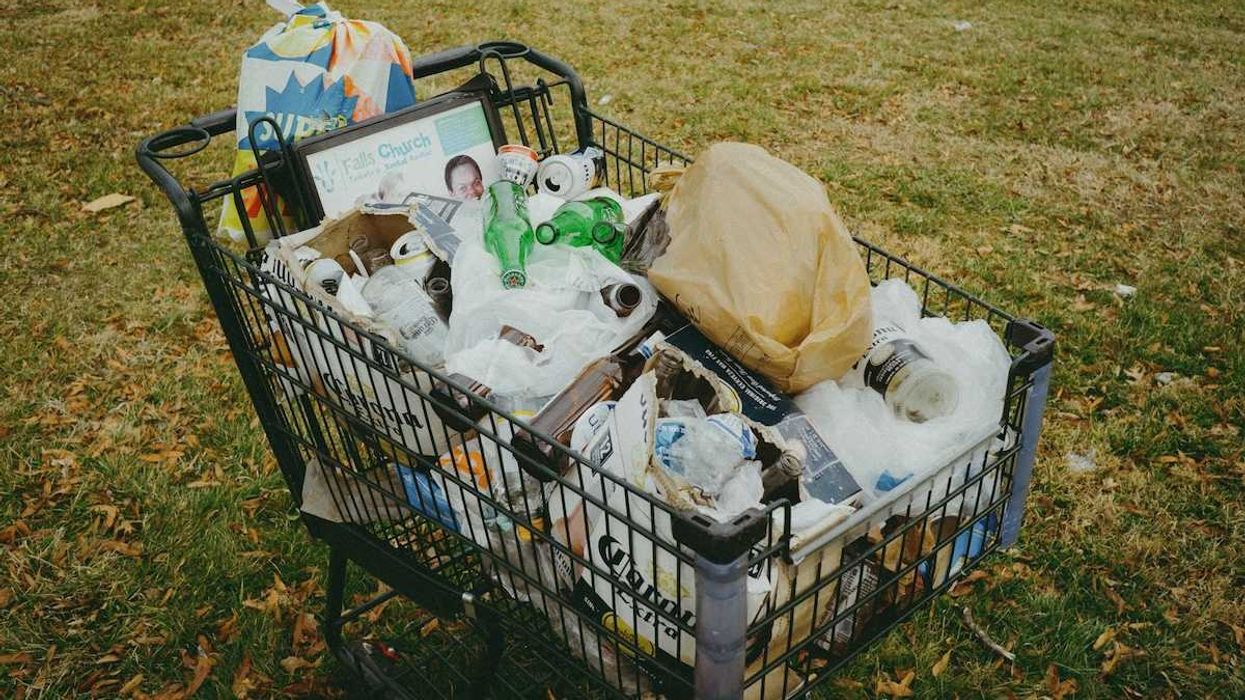A Texas company that treats plastic containers with fluorination technology is suing the U.S. Environmental Protection Agency to prevent public disclosure of test results showing the formation of toxic PFAS chemicals in its products.
Britt E. Erickson reports for Chemical & Engineering News.
In short:
- Inhance Technologies filed a lawsuit April 2 against the EPA, arguing that releasing PFAS test data would cause competitive harm and reveal confidential R&D information.
- The EPA ordered Inhance in 2023 to stop producing six PFAS compounds, three of which are known to be highly toxic, and began a process to determine whether the company's testing data qualifies as confidential business information.
- Environmental groups have sued for for disclosure, arguing that the data are essential for protecting public health, but the EPA’s decision on whether the data can remain confidential has not been made public.
Key quote:
“There was so little identifying information that was provided, so we filed suit again against the EPA under FOIA to get this information.”
— Bob Sussman, attorney for the Center for Environmental Health
Why this matters:
The PFAS compounds at the center of this legal fight are part of a large class of synthetic chemicals known for their resistance to degradation and links to cancer, immune dysfunction, and reproductive harms. These “forever chemicals” can leach into the environment during production or through use of consumer goods like treated plastic containers. Inhance’s unique fluorination process, while aimed at strengthening container linings, has been shown to generate small amounts of PFAS. The EPA’s attempt to regulate this process, and the company’s effort to shield its test results, reflect the tension between industry secrecy and public right-to-know in chemical safety.
Related: Manufacturers make PFAS-free food packaging recipe available to all














